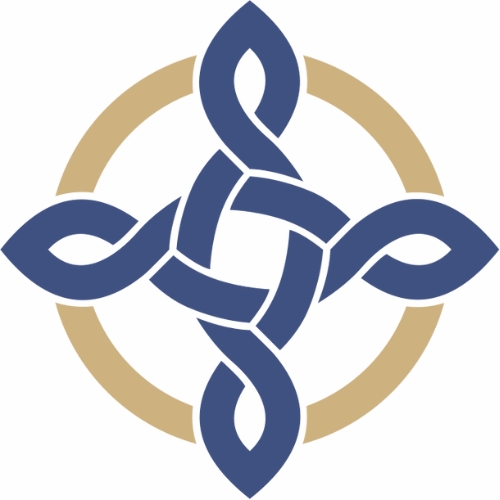Key points from article :
Patients have been cooled to 33C (91F) when they arrive at the hospital to try to increase survival chances.
If unconscious patients are prevented from developing a higher-than-normal temperature, any further cooling does not make a difference.
"This (study) suggests cooling to those low temperatures isn't helpful," said Dr. Matt Morgan.
Altogether 1,900 patients worldwide took part in the study.
Half were cooled down to bring them down to 33C (91F) for 28 hours and got the usual life-saving treatment.
The other half were kept at normal temperature - but not allowed to get hot either.
Hypothermia does not reduce death rates or recovery in unconscious patients with suspected cardiac arrest.
The staff approached families about the study after the critical phase had passed - a process known as deferred consent.
This approach was vital to developing better treatments for the most seriously ill patients
About 6,000 people in Wales need resuscitating outside hospitals every year but only about 10% of these patients ever recover and leave the hospital.
A clinical trial led by Lund University, Sweden published in the New England Journal of Medicine.








